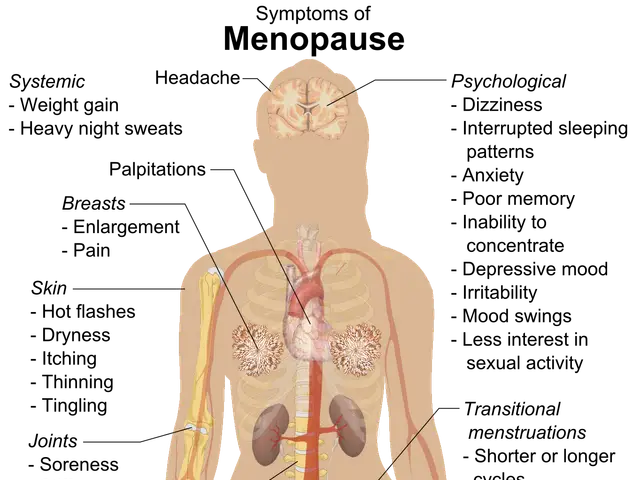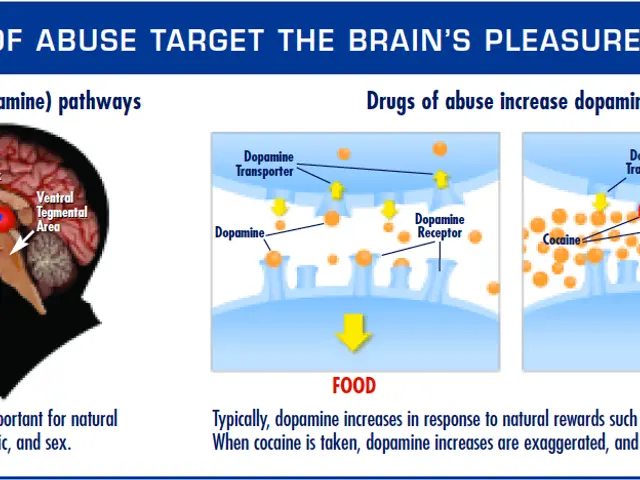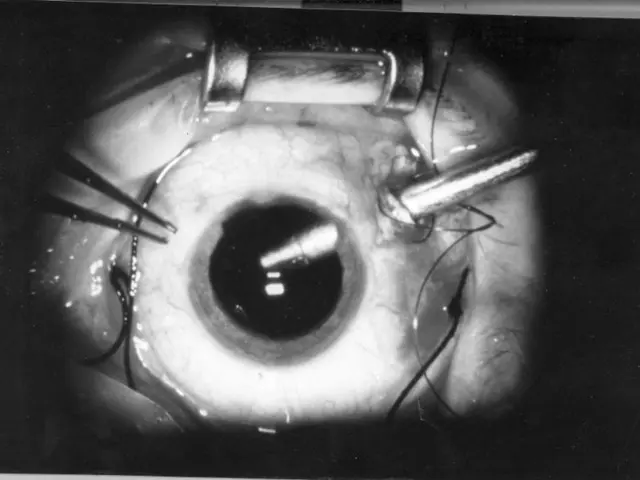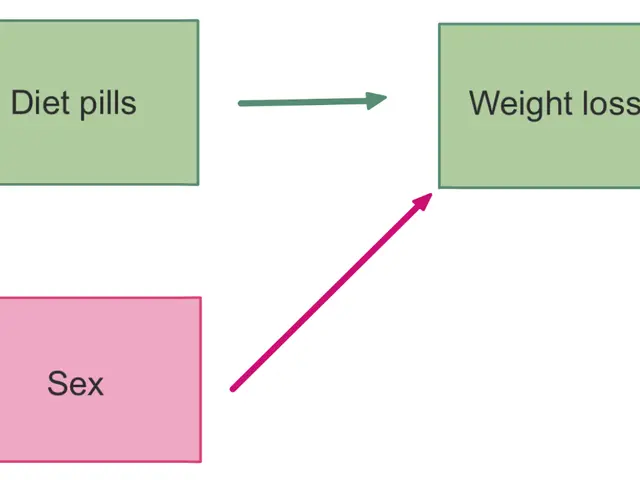Understanding Liver Cancer: A Comprehensive Guide
In the realm of medical advancements, recent strides have been made in the treatment of liver cancer, a type of cancer that originates in the liver. This disease, also known as hepatic cancer, is often linked to chronic liver diseases such as hepatitis B and C, cirrhosis, excessive alcohol consumption, certain genetic conditions, and exposure to aflatoxins.
Current treatment options for liver cancer are diverse and tailored to the specific stage and patient's health. For early-stage liver cancer, surgery and transplantation remain the ideal choices. However, for advanced stages, particularly hepatocellular carcinoma (HCC), targeted therapies and combination regimens are more effective.
**Targeted Therapies**
These approaches, becoming increasingly important for advanced liver cancer, involve medications like sorafenib and lenvatinib. Sorafenib, a multi-kinase inhibitor, has shown improved overall survival in patients with advanced HCC. Lenvatinib, another multi-kinase inhibitor, offers a similar survival benefit with a different side effect profile.
**Combination Regimens**
Combining chemotherapy with targeted therapies is another strategy to enhance response rates and overall survival. For instance, the combination of chemotherapy and sorafenib has shown improved outcomes.
**Immunotherapy**
While not as widely established as targeted therapy, immunotherapy aims to boost the body's immune response against cancer cells. This approach is being explored more extensively, especially in combination with other treatments.
**Palliative Treatments**
For patients with very advanced disease, treatments like palliative care and symptomatic management play a crucial role in improving quality of life.
**Focused Ultrasound Therapy**
This non-invasive treatment uses ultrasound to destroy tumor cells, offering potential benefits for patients with advanced disease.
Despite these advancements, challenges remain. Advanced liver cancer often shows resistance to conventional therapies, making treatment difficult. The tumor microenvironment (TME) can influence treatment outcomes, contributing to resistance. Patient selection is also crucial, as treatment choices often depend on the patient's overall health, liver function, and specific tumor characteristics.
Liver cancer is staged based on the size of the tumor, the extent of its spread, and the overall health of the liver. The Barcelona Clinic Liver Cancer (BCLC) system is commonly used to stage liver cancer, dividing it into five stages based on various factors.
If you experience any symptoms of liver cancer, especially if you have risk factors for the disease, it's essential to consult a healthcare professional promptly. Resources and healthcare providers for liver cancer treatment are available, including those offering services in Hindi.
Liver cancer can be classified into other forms, including cholangiocarcinoma, hepatoblastoma, and secondary liver cancer. Surgical options for liver cancer include partial hepatectomy, liver transplant, ablation techniques, and TACE (Transarterial Chemoembolization).
Emotional and psychological support resources for liver cancer patients include support groups, counseling services, and online communities. Practical resources for patients include financial assistance, educational materials, and caregiver support.
In conclusion, while liver cancer treatment presents challenges, advancements in targeted therapies, immunotherapy, and minimally invasive surgical techniques offer hope for those affected. Early diagnosis and appropriate treatment can significantly improve outcomes.
- The realm of medical advancements has seen progress in tackling chronic liver diseases, including liver cancer, which is linked to various conditions like hepatitis B and C, cirrhosis, excessive alcohol consumption, genetic conditions, and aflatoxin exposure.
- Targeted therapies, such as sorafenib and lenvatinib, are increasingly important for advanced liver cancer, improving overall survival for patients with hepatocellular carcinoma (HCC).
- Additionally, focusing on health and wellness, including mental health, fitness and exercise, skin care, and nutrition, can help prevent chronic diseases and improve the body's ability to fight off conditions like liver cancer.
- In the battle against advanced liver cancer, doctors may consider combination regimens, such as chemotherapy combined with targeted therapies, to enhance response rates and overall survival.







